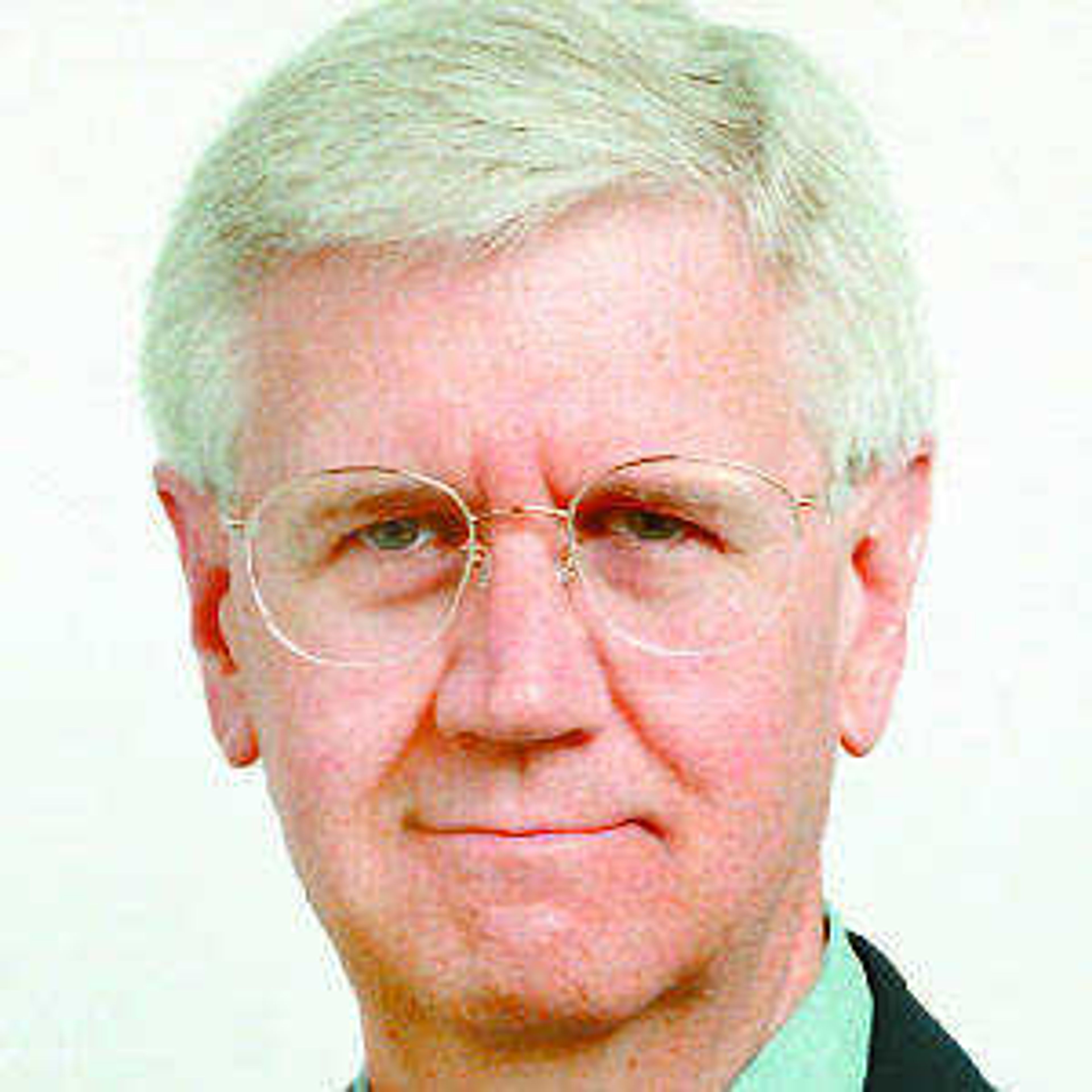If it were possible, I would still be watching Walter Cronkite every evening.
Like so many Americans, and certainly like so many viewers of KFVS12 in Southeast Missouri, the evening news on CBS was as much a part of our lives as "I Love Lucy."
When the first TV set came into our house in the Ozarks over yonder, there was no such thing as recording devices that allowed you to record a TV program and then watch it at your leisure while zapping through commercials. When the program you wanted to watch came on, you sat down and watched it, paid advertising and all.
Everything else came to a halt when the CBS evening news came on. Now that we had a TV, we were not going to miss an opportunity to be informed.
Cronkite did not disappoint. There wasn't much fluff on TV news shows in those days, as many of you recall. Many of you are shaking your heads over what passes as news on most TV broadcasts these days. And before you light up Speak Out, I'll confess that newspapers have pretty much adopted the same content recipe, pushing hard news aside in favor of information candy.
Because of the hills around Killough Valley, KFVS was the only TV station we could get. So watching Cronkite was not a choice. When I went to college, I saw the NBC and ABC news programs. I chose to keep watching Cronkite.
When my wife and I moved to Maryville, Mo., at the end of the 1970s with our two sons, we were just a few miles from St. Joseph, Mo., where Cronkite was born. Maryville and northwest Missouri have produced a number of iconic individuals: Dale Carnegie, opera conductor Sarah Caldwell, Walt Disney, J.C. Penney, composer Carl Stalling, Jesse James.
One day the newspaper, where I was editor and publisher, received word that Cronkite's sister, a Maryville resident, had died. The funeral home confirmed that the CBS news anchor planned to attend the funeral. Cronkite had asked that the funeral home to let us know that this was a funeral, not an occasion for gawkers. The point of the funeral was to honor his sister, not draw attention to the man so many saw Monday through Friday evenings on their TV sets.
The day of the funeral arrived with pea-soup fog. At the newspaper, we wondered if Cronkite's flight to the Maryville airport might be scrubbed, and would he have time to drive from Kansas City or St. Joseph?
Later that day, after the funeral, I called the funeral home director, whose wife usually sat in the same pew as my wife and I at church.
"Did Cronkite make it for the funeral?" I asked.
"Did you intend to make a big deal out of this?" the funeral home director asked?
"No, not really."
"Then it doesn't matter, does it?"
I've thought about that conversation many times over the years as decisions had to be made about information that might -- or might not -- be worthy of publication.
Walter Cronkite, I suspect, would have been focused that day on what was going on in the world that really mattered.
I wonder, too, if he would approve of the extensive and repetitive coverage of his death anchored by Katie Couric, the current CBS anchor.
"Isn't there something important going on somewhere in the world?" he might have asked.
jsullivan@semissourian.com<I>
Connect with the Southeast Missourian Newsroom:
For corrections to this story or other insights for the editor, click here. To submit a letter to the editor, click here. To learn about the Southeast Missourian’s AI Policy, click here.









